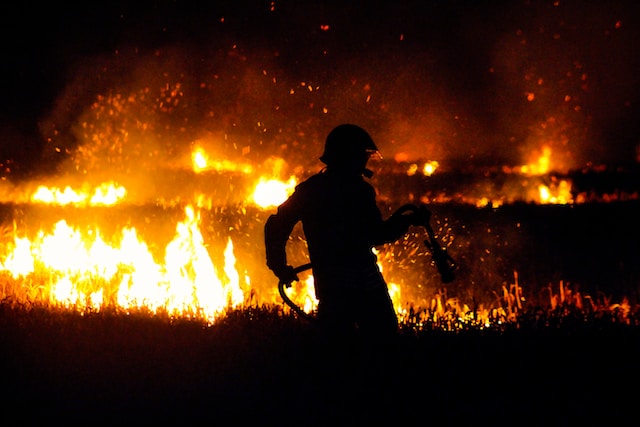Trauma can have a profound impact on an individual’s mental health and well-being, and can lead to a range of symptoms, including anxiety, depression, and post-traumatic stress disorder (PTSD).
Not all traumas are equal
There is a popular notion that not all traumatic events are created equal, and the type of trauma experienced can have an effect on the diagnosis of PTSD or Complex PTSD. However it is not the type of event, but the person’s reaction to the event that determines if a PTSD diagnosis is met. Thinking about trauma types moves away from the individual’s experience.
Of course the possibility exists that there are some events that many people would have a similar reaction to that they would describe as traumatic. In this blog, we will explore just a few of the different types of trauma and their supposed impact on PTSD diagnosis, and discuss the importance of seeking help from a mental health professional.
Trauma Types
There are several types of trauma that are listed on the internet as leading to PTSD:
- Acute trauma: This type of trauma is a single, sudden event that occurs in a short period of time, such as a car accident, natural disaster, or violent attack.
- Chronic trauma: This type of trauma is repeated exposure to stressful or traumatic events over a long period of time, such as ongoing abuse, neglect, or combat.
- Developmental trauma: This type of trauma occurs during childhood and can include physical, sexual, or emotional abuse, neglect, or exposure to violence.
- Complex trauma: This type of trauma is a combination of chronic and developmental trauma, and can include ongoing abuse, neglect, and exposure to violence, often in the context of interpersonal relationships.
Ranking Traumas
Often the assumption is that acute trauma as described above is ranked as less severe than chronic, developmental or complex trauma. Trying to rank events as more or less traumatic is fraught with problems and can risk invalidating those who believe their trauma “isn’t enough”, “it was only once”. Additionally, it can also result in people not seeking help because they believe their trauma is “too much”, or that nothing will help because of the intensity of their experience.
This ranking can be subtle, it can be in the form of poetic license, calling traumas little “ t “ and big “ T “ traumas, or type one and type two. All of this focus on trauma type moves away from the individual’s experience of distress, the reasons for the distress and providing the right kind of therapy for it. Similarly, thinking about the trauma as chronic may mean that we do not understand if the person’s experience of symptoms is chronic. The longer we have symptoms of any problem, the worse we feel. For example, physical pain that is for one day compared to physical pain for many years can influence changes in thinking and behavior.
It is important to seek help from a mental health professional if you have experienced any type of trauma, regardless of how others might label it. The Centre for Clinical Psychology in Melbourne offers a range of services to help individuals with trauma . To book an appointment, please call 03 9077 0122 or visit their website at https://ccp.net.au/booking/.



